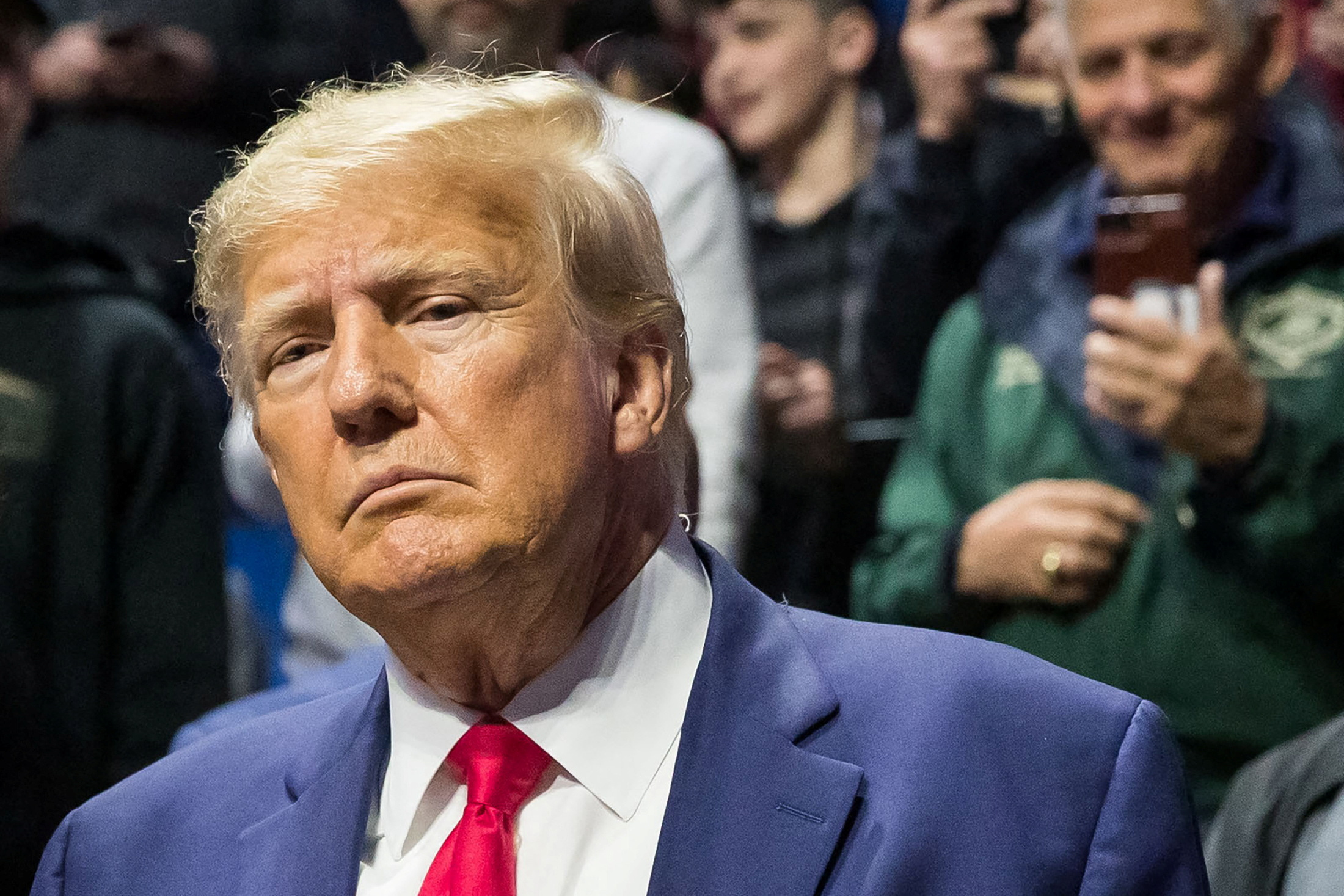
Federal prosecutors investigating former President Donald J. Trump’s handling of classified documents have taken a step further by issuing a subpoena to the Trump Organization. The subpoena seeks records related to Mr. Trump’s business dealings in seven countries. The purpose of the subpoena remains unclear, but it indicates that investigators are widening their scope to determine if any laws were broken when Mr. Trump took sensitive government materials with him upon leaving the White House and failed to fully comply with requests for their return.
The subpoena, prepared by the special counsel’s office led by Jack Smith, specifically targets the Trump Organization’s real estate licensing and development activities in China, France, Turkey, Saudi Arabia, Kuwait, the United Arab Emirates, and Oman. The records sought pertain to deals made since Mr. Trump assumed the presidency in 2017.
During Mr. Trump’s time in office, the Trump Organization refrained from engaging in foreign deals, with the exception of a licensing agreement in Oman with a Saudi-based real estate company for a housing, hotel, and golf complex. This deal was struck just before Mr. Trump announced his third presidential campaign.
The investigation led by Mr. Smith’s prosecutors aims to shed light on Mr. Trump’s foreign business endeavors, as evidenced by the subpoena related to his involvement with a Saudi-backed golf venture called LIV Golf. The subpoena’s request for records pertaining to the golf venture and other foreign ventures since 2017 suggests that Mr. Smith is exploring potential connections between Mr. Trump’s international dealings and the classified documents he retained upon leaving office.
It remains unknown what information the Trump Organization has provided in response to the subpoena or if Mr. Smith has obtained any additional evidence supporting the theory under investigation. Throughout the course of the inquiry, prosecutors have sought to understand both the nature of the materials Mr. Trump removed from the White House and his motivations for doing so.
Sources indicate that among the government documents found in Mr. Trump’s possession were some related to Middle Eastern countries. Moreover, during an FBI search at Mar-a-Lago, Mr. Trump’s private club and residence in Florida, materials concerning President Emmanuel Macron of France were discovered, according to court records.
Neither Mr. Trump nor the Trump Organization has officially commented on the subpoena. However, the Trump Organization issued a statement emphasizing its compliance with a pledge to abstain from new foreign deals while Mr. Trump held the presidency.
Mr. Trump has long contended that the documents he retained belonged to him and that he had no obligation to return them to the government. When the Justice Department initially subpoenaed him to surrender any classified documents, he sought legal advice to determine whether compliance was necessary. His lawyers advised him that he was obligated to comply.
Since it became public knowledge in early 2022 that Mr. Trump possessed hundreds of classified documents at his private properties, including Mar-a-Lago, he and those close to him have referred to the materials sought by federal officials as his own.
In a recent televised town hall event on CNN, Mr. Trump reiterated this claim, asserting that he intentionally took government records with him upon leaving the White House. He further argued that he had the right to do so under the Presidential Records Act, which, in fact, grants control of presidential records to the government, not individual presidents.
Reports suggest that Mr. Trump’s statements align with advice he received from Tom Fitton, the head of the conservative group Judicial Watch, who has provided testimony to the investigating prosecutors.
Establishing Mr. Trump’s motives for retaining certain documents could prove useful for Mr. Smith’s investigation. However, it is not necessarily a requirement for proving that Mr. Trump intentionally maintained possession of national defense secrets or obstructed the government’s repeated efforts to retrieve the materials. These two potential crimes have been central to the ongoing documents investigation.
Mr. Smith’s investigation encompasses other areas of interest, including Mr. Trump’s actions following his electoral defeat in 2020 and his involvement in the events that transpired at the Capitol on January 6, 2021. Additionally, the inquiry delves into Mr. Trump’s exploitation of claims of election fraud to raise funds, as he collected millions of dollars in small donations while making baseless allegations that were eventually debunked.
Witnesses are still being called to testify before the grand jury in connection with this matter. One such witness is William Russell, a former White House aide to Mr. Trump, who was paid by Mr. Trump’s political action committee, Save America, which received a significant portion of the funds raised.
Recent indictments in Manhattan accuse Mr. Trump of covering up a sex scandal during the 2016 election, while a prosecutor in Georgia is investigating his attempts to overturn the election results in that state. The legal troubles surrounding the former president persist.